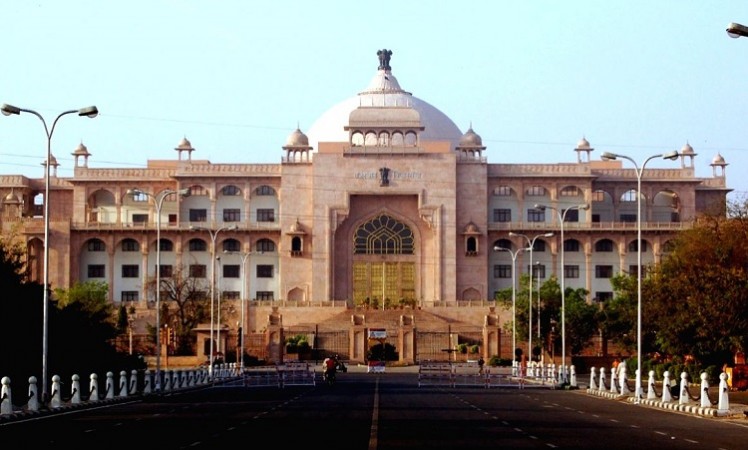
JAIPUR: In a significant development, the Rajasthan Assembly took a decisive step on Tuesday, July 18, by approving a crucial bill aimed at effectively tackling the menace of organised crime. The legislation incorporates stringent measures, including provisions for life imprisonment, capital punishment, and a minimum five-year prison term for individuals found guilty of harboring gang members. With the introduction of this bill, Rajasthan becomes the fourth state, following Gujarat, Karnataka, and Maharashtra, to take a strong stand against organised crime.
During a session on Tuesday, Parliamentary Affairs Minister Shanti Dhariwal shed light on the changing landscape of criminal activities in the state over the past decade. Traditionally, crimes like murder, dacoity, robbery, kidnapping, and extortion were predominantly carried out by individuals acting independently or in small groups. However, a disturbing trend has emerged in the last ten years, with the emergence of organised crime syndicates engaging in such illicit activities.
Highlighting the gravity of the situation, the minister referred to a recent incident in April where law enforcement agencies successfully apprehended over 4,000 criminals involved in organised crime, including arms smuggling, drug trafficking, and other related offenses. Additionally, Rajasthan has witnessed a distressingly high number of human trafficking cases, which are typically orchestrated by organised crime groups. A report by The Hindu in February revealed that over the past two years, the state's Bachpan Bachao Andolan (BBA) initiative rescued more than 1,600 children, leading to the arrest of approximately 337 alleged traffickers.
The bill passed by the Rajasthan Assembly on Tuesday aims to confront these alarming criminal activities head-on. It is reported to bear striking resemblance to the Maharashtra Control of Organised Crime Act, 1999 (MCOCA), which has proven effective in combating similar offenses.
Understanding Organised Crime: Organised crime refers to a highly serious form of criminal activity conducted meticulously by multiple individuals working collaboratively on a regular basis. According to the United Nations Convention on Transnational Organised Crime, an organised group is defined as a gathering of three or more persons acting in concert over an extended period, with the objective of perpetrating one or more severe crimes or offenses in order to gain financial or other illicit advantages.
As per the provisions of the Maharashtra Control of Organised Crime Act, MCOCA (1999), organised crime is characterized as "any continuous unlawful activity undertaken by an individual, either individually or in association with an organised crime syndicate, involving the use of violence, threats, intimidation, coercion, or other illegal means, with the intention of deriving monetary benefits, obtaining undue economic advantages, promoting insanity, or serving the interests of oneself or others."
Gehlot-led cabinet meeting today ahead of Assembly Session on July 14